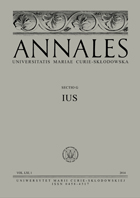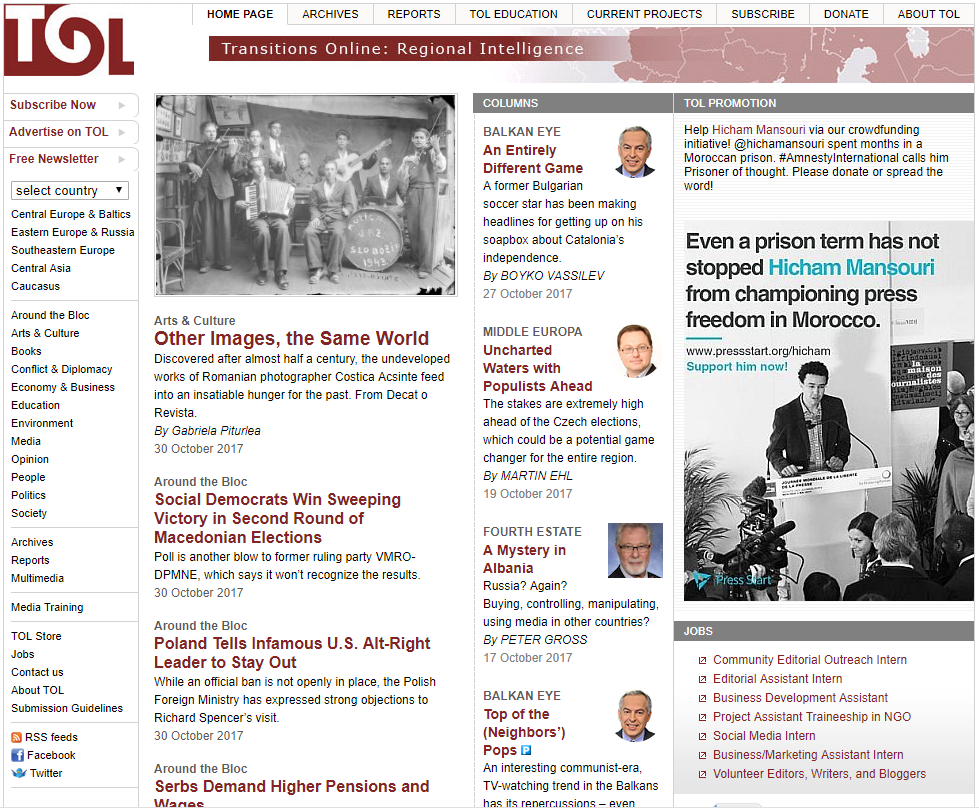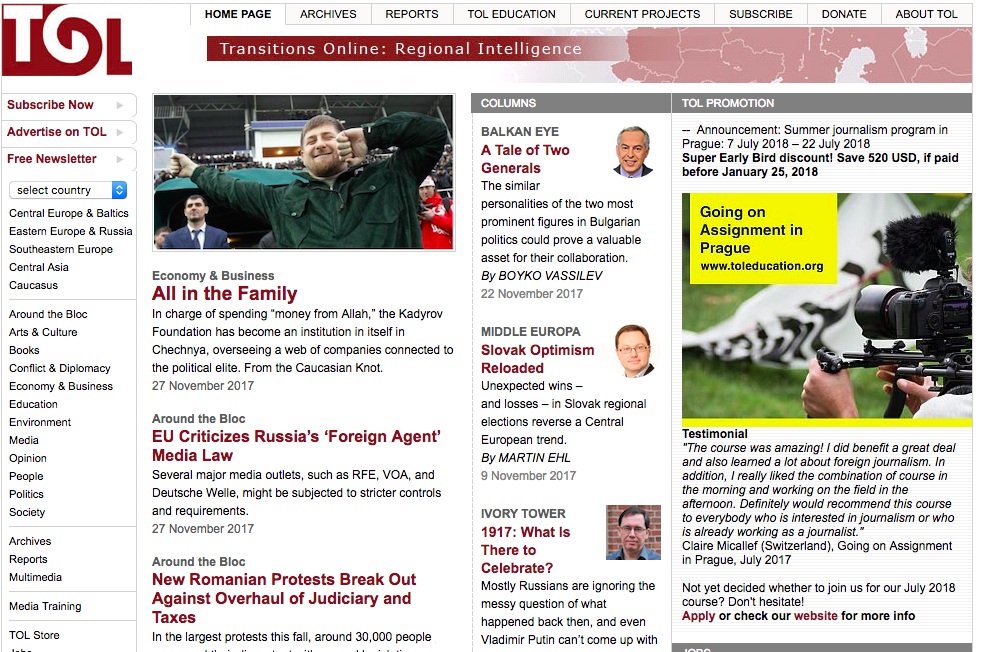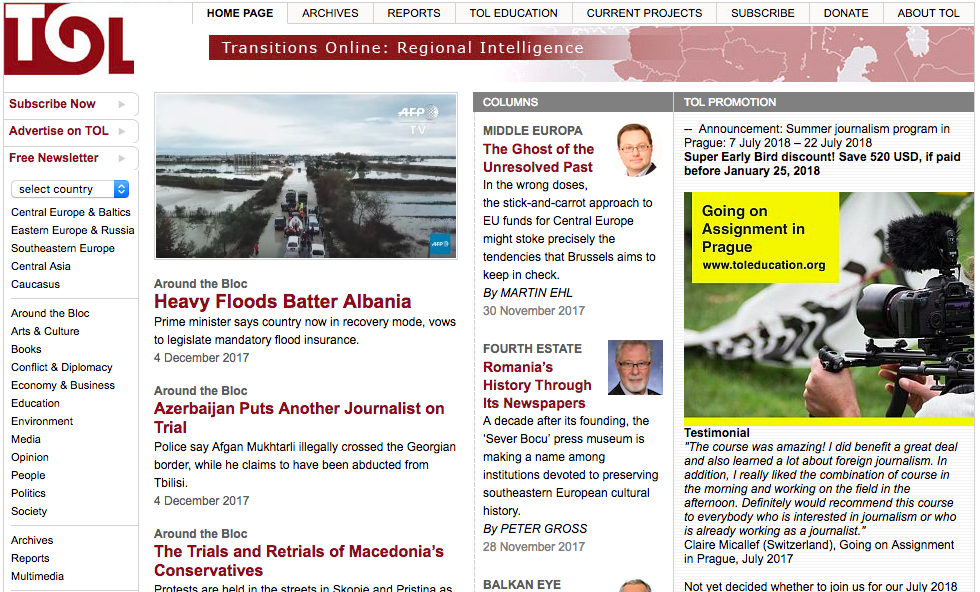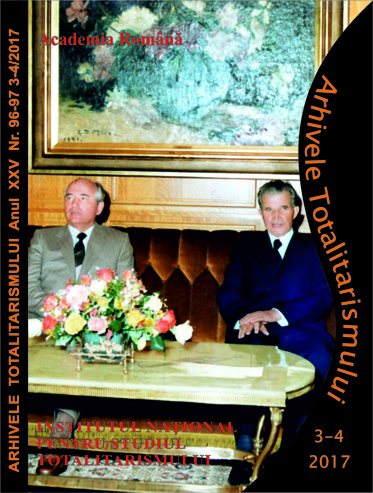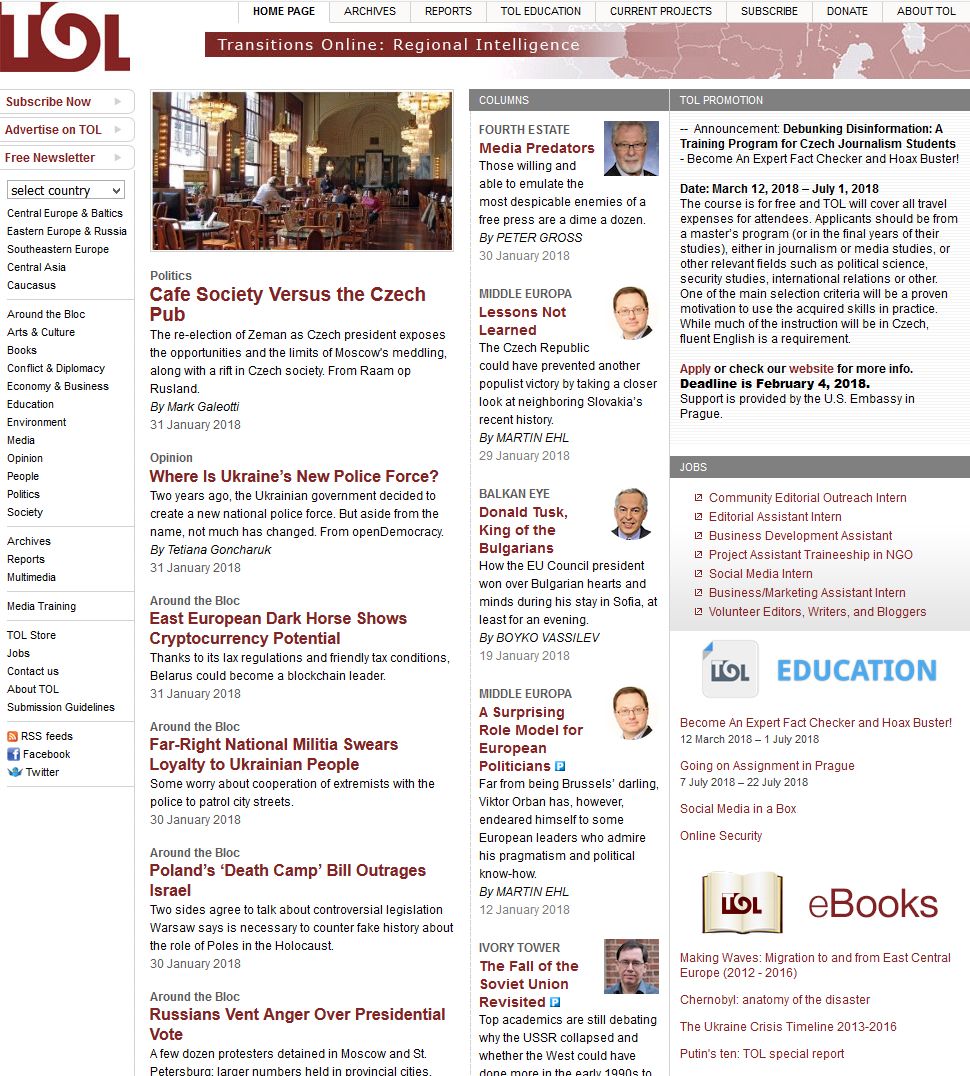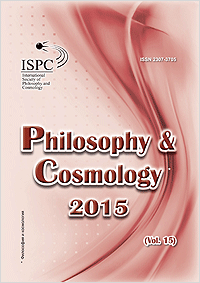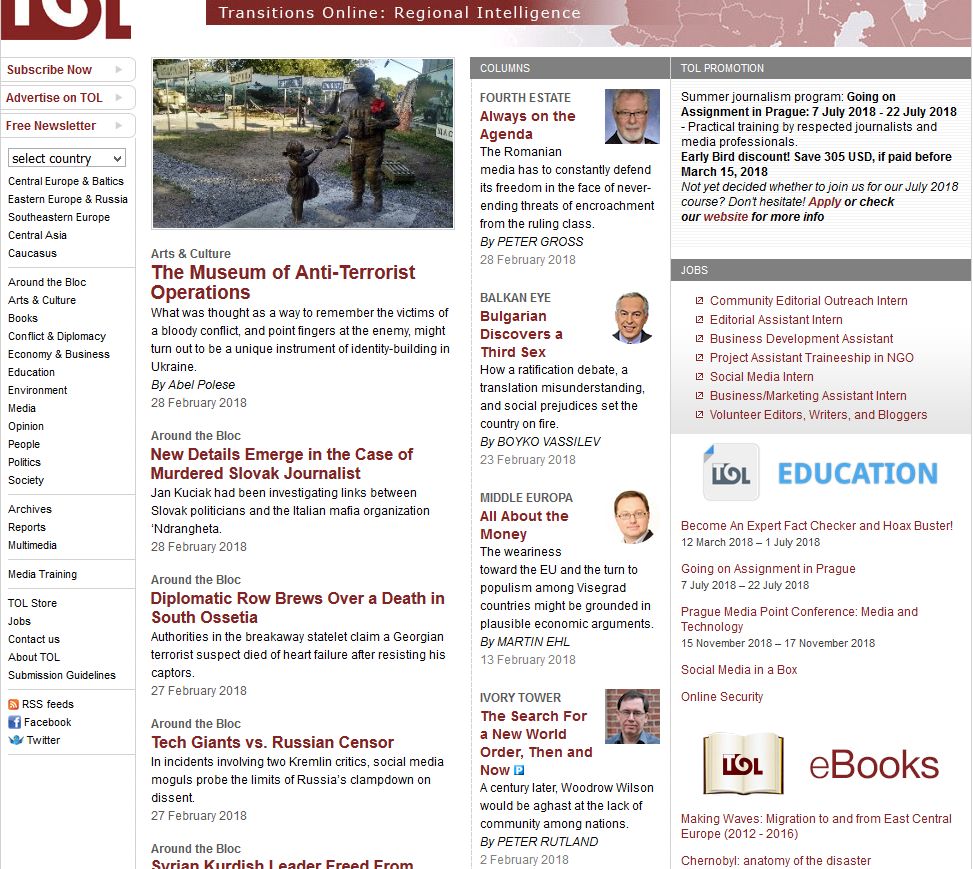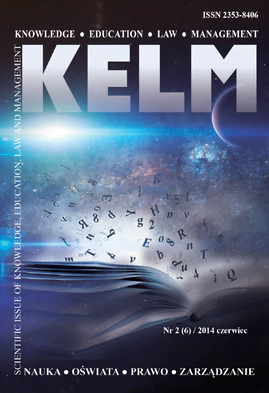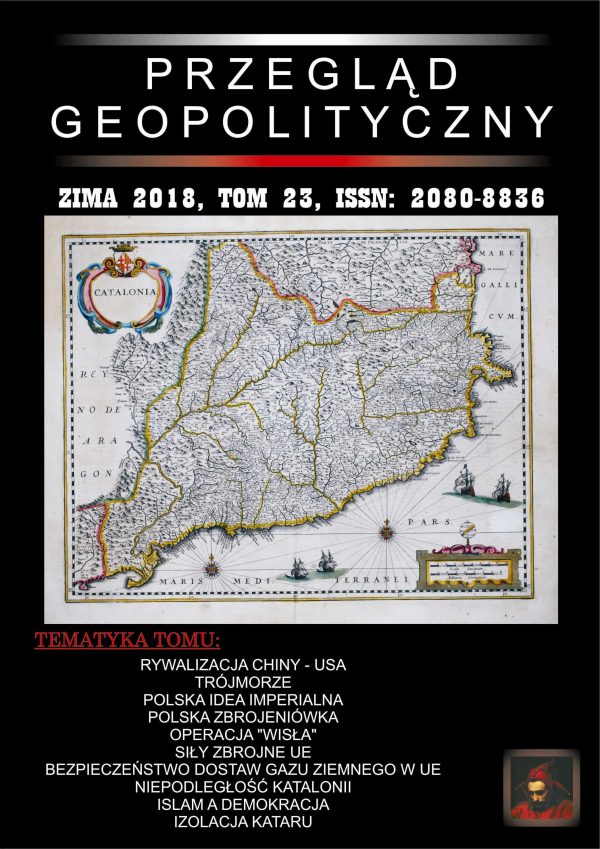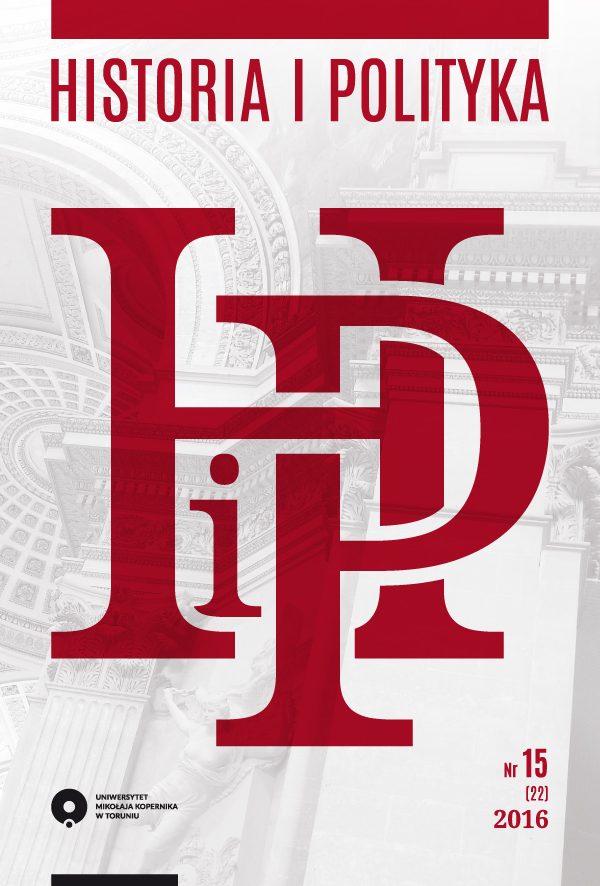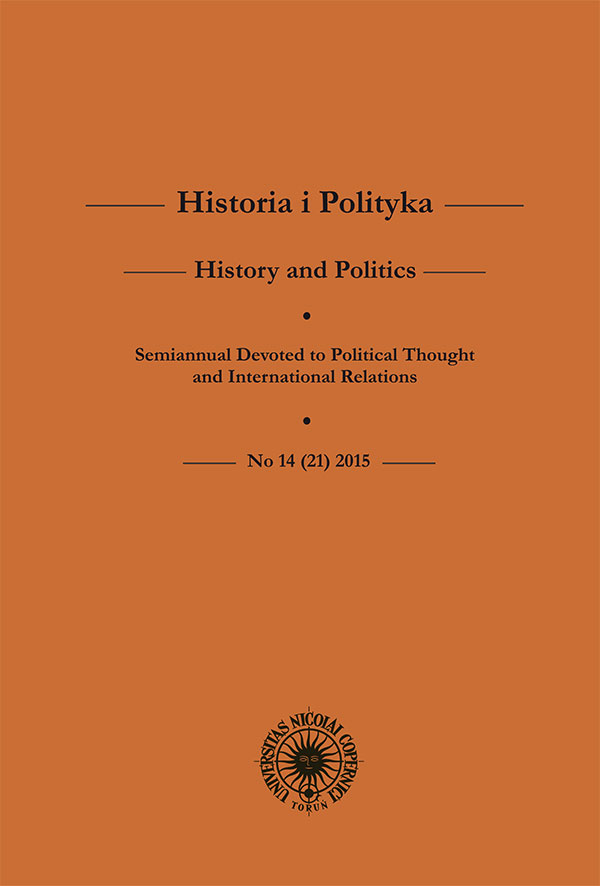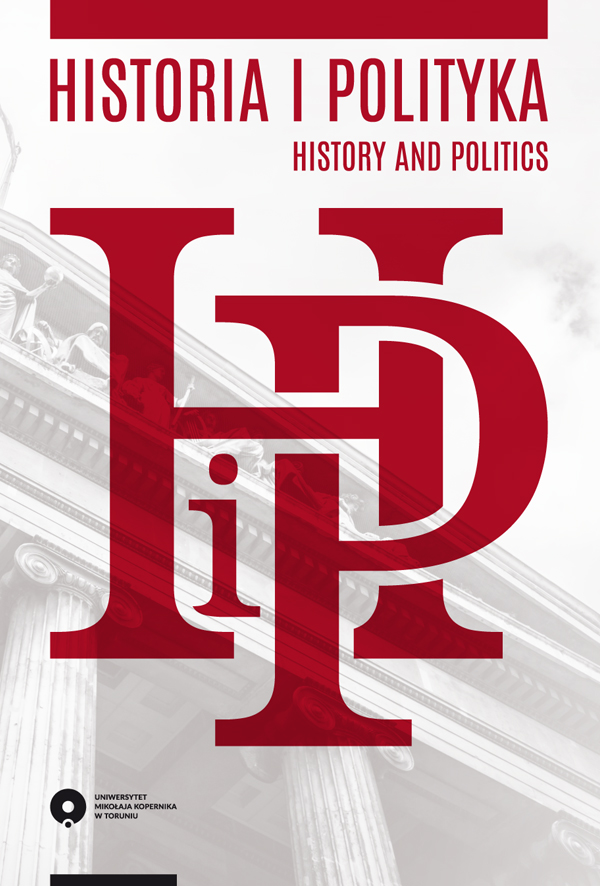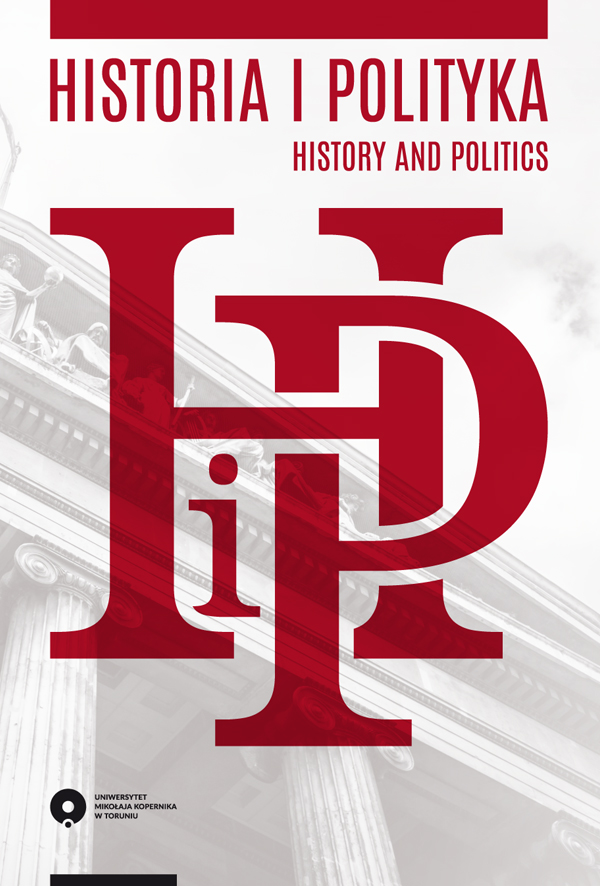Author(s): Adriana Skoryk / Language(s): Ukrainian
Issue: 1/2014
His primary source, as a multimeaning word, term " violence" owes its roots in the audio – visual media from the definition of "culture war." Incorporating all the contradictory experience of mankind, its transformative lessons, it is no longer uniquely opposite category to the "culture of peace". Its philosophical and conceptual dimension is contradictory dialectiction, the transition from one quality to another, the dynamics of many aspects. Sociopsychological and socio- ethical aspects of these unilateral form cons screen "hero" with the aggressive nature,militaristic spirit, stereotyped image of the enemy. Concept of "culture war" was created with UNESCO Declaration on the culture of peace, the Programme of Action in the field of culture of peace. Their aim – to promote a global movement of transition from a culture of war and violence to a culture of peace. Calls to non-violence in the third millennium able to generate values such as peacefulness, peace, tolerance, non- aggressive thinking and non-aggressive behavior. This new understanding of latitude amplitude of peacekeeping, not only between the public, but also socio-cultural group of countries with the highest regard first of all cultural and national characteristics. Staying within the human society, violence successfully took its place in the mass media content. Especially the "winner" of its location appears in audiovisual production. And not only the saturation of "pictures" on the screen, and the power of this form of human activity. Unfortunately, catharsis did not sacrifice public acquisition. It is a tribute to old versions mythologizing violence. However, against the fierce mythological character "naturalization ofaggression and violence", modernity is characterized by specific manifestations of human cruelty. Erich Fromm called this situation "human passions", which are inherent to the social determinants of human being – violence. Multidirectional forms of violence caused by multitheoretical approaches to its understanding. There was some violence classification offered by Russian scientist G. Kozyrev: on violent forms of interaction, created loss, conflict subjects. Scientists identify as cultural violence "aspect of culture that can be used to legalize violence in its direct and structural forms". The genesis of the problems of violence clearly traced in the direction of contemporary audiovisual media content. The historical part of modern society, unfortunately, undoubtedly provided a constant value known as philosophical statements of Heraklit: " War – [polemos] – the father of all, the king of all: some it makes the gods, others – people, creates some slaves and some free ones", and according to Aristotle: "The violence is a coercion, and this is something that hinders and interferes in anything contrary to the wishes of necessity, so it is also harder". Political traditions, in particular, facilitate the transition to the monopolization of violence from government and law. The modern theory of violence makes an emphasis in the field of political philosophy. The world has embraced as a solid social arrangement. The philosopher Hobbes talks about the impossibility of peaceful coexistence of human existence by virtue of the nature of enmity to one another. This essence of human nature itself lies at the genetic, instinctive level. The idea that human existence is its natural law philosopher John Locke argued in "Two treatises of government". By "social contract" J. J. Rousseau theoretically grounded civil society, making an emphasis on the legal rights of the individual. Made by legal philosophers the foundation of violence laid today as the basis of the constitutional rights of many social groups. Only Kant was proclaimed the eternal law of peace and creation on the basis of its allied relations between people and nations. Here, "even the smallest state could expect their security and rights not from their own forces, but only from a great union of peoples". Dissonant sound of another philosopher actually equates the balance of world postulates on this topic: Hegel wrote: "The war keeps healthy morality of the people in relation to their indifferent certainty to their familiarity and rooting, just as the motion of the wind prevents the lake from the decay that threatens them with long-term comfort, as well as people – long, or, worse, eternal peace". J. Sorel in "Reflections on Violence" talks about proletarian violence: humanity and kindness is the promotion gimmicks that dominate market relations in society. Today, as reflected in the media and on video – modern society distinguishes its violence essence. But in fact the traditions are immutable: change only the type of offenders and their type of crime. Mass encountered in craftiness, they deserve in society more forgiving attitude. There is "a film adaptation of " artistic, journalistic, documentary works with a clear preponderance of violence in the images of intense creative images. Such "intellectuality" of the criminality was not yet known in the history of mass media, but now is widely seen in wars, terrorist attacks, social "squares". The sad conclusion of F. Furet, French historian: " If you add up the total list of famous authors who at different times were communists or sympathized with communism were the nazis or sympathized with fascism, then we get the current Gotha almanac of intellectual, scientific and literary elite". Everyday life is not worth to deduct to the dissatisfaction of culture. The new phenomenon is that modernity created between violence its hero.
More...
